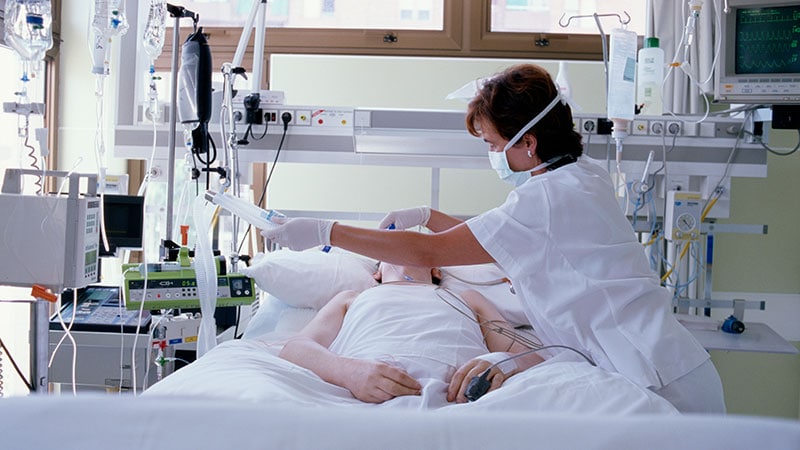Exercise for Depression as Effective as Meds, Psychotherapy
TOPLINE:
Physical exercise offers similar benefits for depression as psychotherapy and pharmacotherapy, a new systematic review and meta-analysis suggests. Intense exercise and walking or jogging, yoga, and strength training were particularly effective.
METHODOLOGY:
- Researchers reviewed and conducted a multilevel meta-analysis of 218 randomized controlled trials that included 14,170 participants with depression.
- The trials compared different forms of exercise (walking or jogging, yoga, strength training, mixed aerobic exercises, strength training, and Tai Chi or qigong) with other common treatments for depression (therapy, cognitive behavioral therapy or selective serotonin reuptake inhibitors [SSRI]), as well as combination treatments (exercise plus SSRI, aerobic exercise plus therapy, aerobic exercise plus strength training) as well as cycling and dance.
- All findings were presented as "compared with active controls" (eg, usual care or placebo) and effect sizes measured as Hedges' g, representing the standardized difference between means.
TAKEAWAY:
- Moderate reductions in depression were found for several exercises, regardless of participants' comorbidities: walking or jogging (effect size, −0.62; 95% CI, −0.80 to −0.45), yoga (effect size, −0.55; 95% CI, −0.73 to −0.36), strength training (effect size, −0.49; 95% CI, −0.69 to −0.29), mixed aerobic exercises (effect size, −0.43; 95% CI, −0.61 to −0.24), and tai chi or qigong (effect size, −0.42; 95% CI, −0.65 to −0.21).
- Across all modalities, effects of exercise were proportional to the intensity prescribed, with a clear dose-response curve, although light physical activity (eg, walking and hatha yoga) still provided some clinically meaningful effects.
- Overall, the effects were similar for individual and group exercise, although yoga was better delivered in groups, whereas other exercises (eg, strength training and mixed aerobic exercise) were better delivered individually.
IN PRACTICE:
"Our findings support the inclusion of exercise as part of clinical practice guidelines for depression, particularly vigorous intensity exercise. Health systems may want to provide these treatments as alternatives or adjuvants to other established interventions, while also attenuating risks to physical health associated with depression," the authors said in a press statement.
SOURCE:
Michael Noetel, PhD, senior lecturer in the School of Psychology, University of Queensland, Australia, was the lead and corresponding author on the study. It was published online on February 14, 2024, in the British Medical Journal.
LIMITATIONS:
The included studies may have had experimental bias, including unblinding. Many patients may also have physical, psychological, or social barriers to participation in exercise.
DISCLOSURES:
The study received no funding. The authors reported no conflicts of interest or relevant financial relationships.


 Admin_Adham
Admin_Adham


